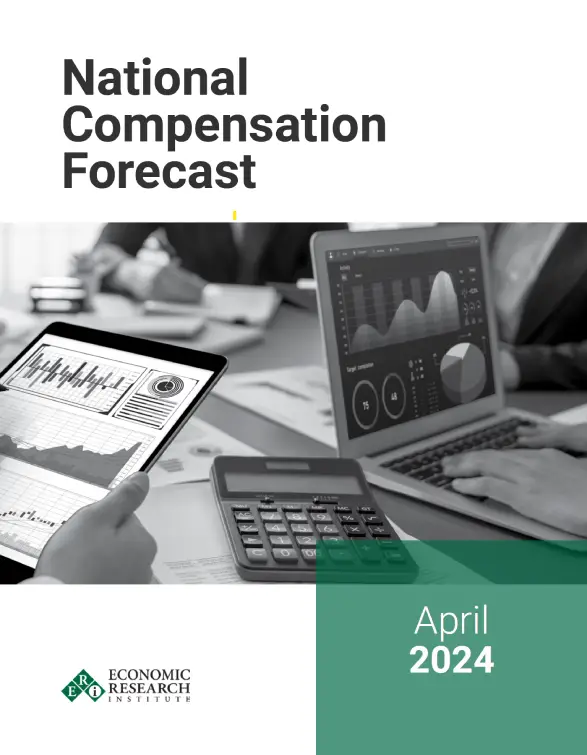Compensation professionals are tasked with balancing two sides of the same “fairness” coin. One side is objective fairness – whether an outside observer would view a specific salary determination or overall compensation program as fair. The other side is perceived fairness – whether individual employees view their compensation as fair.
A balanced coin can stand on edge.
However, objective fairness and perceived fairness are independent of each other. Regardless of an organization’s efforts to establish and maintain objectively fair compensation practices, employees’ perceptions of their own salaries (or the underlying procedures for determining salaries) may tip the balance of a sound compensation program.
At What Cost?
A variety of negative factors have been linked to employee perceptions of unfairness. These factors are generically referred to as Counterproductive Work Behaviors. The behaviors are marked by undesirable outcomes such as litigation, absenteeism, turnover, withdrawal, theft, and in extreme cases, workplace violence, among others.
To avoid or reduce the occurrence of Counterproductive Work Behaviors, compensation professionals should ensure that decisions conform to the following standards:
- prepared by a neutral party based on criteria set forth prior to when the decision was made;
- based on compensation data compiled by quality data providers;
- subject to review when an employee voices a concern; and
- in line with common standards and ethics.
Communicating Compensation Decisions
Transparency in compensation is a hot topic. Traditionally, open conversations regarding compensation and salary data are considered taboo. Nevertheless, employees today have more resources to research what they earn in comparison to others in their organization, industry, and labor market. Not all of the resources, however, provide valid or reputable data. This produces a challenge for compensation professionals working to affect change in perceived fairness.


